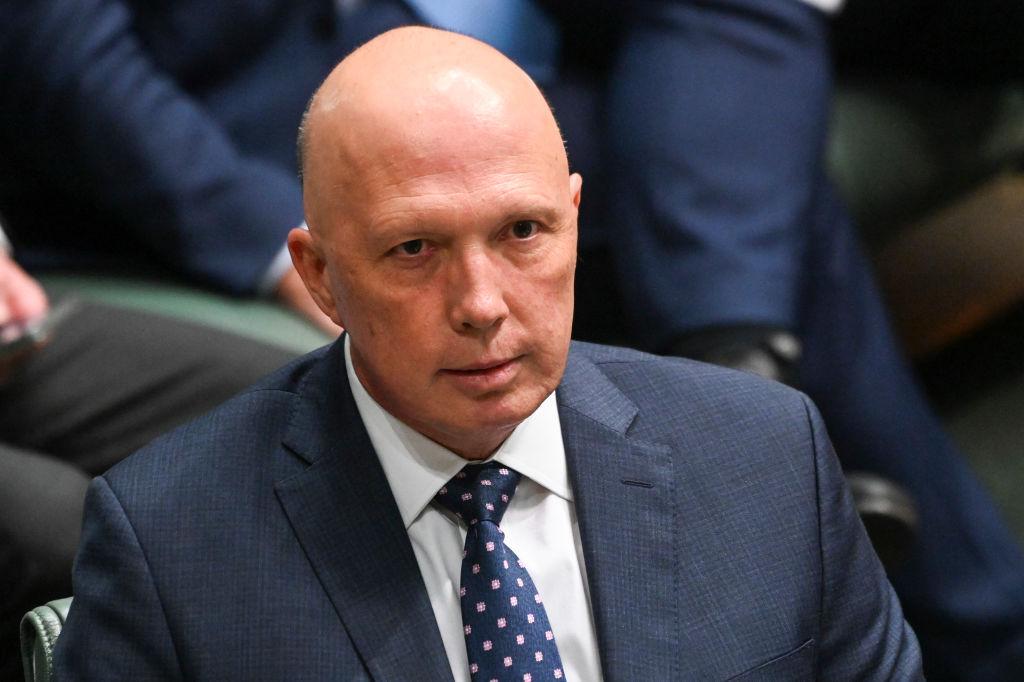Opposition leader Peter Dutton is warning Australian families could be in for soaring power bills if the federal government continues with its proposal to limit gas supply in the Australian energy market.
“One of the most important debates in our country, as I say, is energy policy,” Dutton said in Melbourne on April 4.




